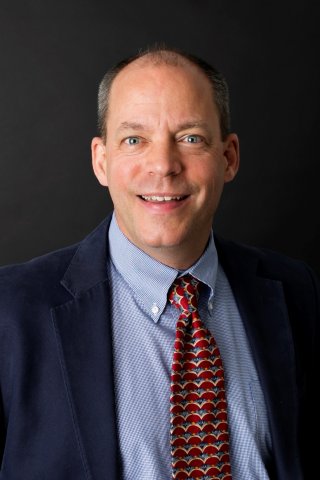Meet EPA Researcher Nick Dugan
Nick Dugan is an environmental engineer working to protect drinking water. When he’s not in the lab, he enjoys spending time with his children, helping out at his church, and gardening.

Tell us about your background.
I have degrees in economics, civil engineering, and environmental engineering. I spent three years working for the Congressional Budget Office in Washington, D.C. before I decided to change careers and become an engineer. My first work experience in EPA laboratories was as a student – I worked on disinfection by-products and cryptosporidium.
When did you first know you wanted to be an engineer?
Ever since I was a boy, I have been interested in excavations, tunnels, construction sites, railroads, airports, bridges, sewers—pretty much anything related to infrastructure.
How does your science matter?
My work helps protect drinking water and having safe drinking water is fundamental to every society.
What is the impact you hope to have through research on communities?
I hope to deliver technical support that helps communities make the most of their existing treatment and make informed choices about future treatment.
What do you like most about your research?
I like that it involves things that can be seen, touched, smelled, measured and counted.
If you weren’t a scientist, what would you be doing?
If I wasn’t an engineer, I would work in commercial & industrial refrigeration. I’m fascinated with keeping things cold – and it’s fundamental to our standard of living.
Any advice for students considering a career in engineering?
I would advise engineering students to pick a discipline or area of work that they would enjoy talking about and describing to people, and where they would look forward to going to work every day.
Whose work in science are you most impressed by?
The Romans! Their aqueducts, roads, bridges, concrete—wow!
If you could have dinner with any scientist, past or present, who would be it and why? What would you ask him or her?
Those Roman engineers who built the aqueducts and roads – their work was useful, durable, elegant, and showed up in every corner of an empire that was huge, even by modern standards. How did they train? How did they keep up with advancements and new ideas, in a world without printing presses, telephones, etc.?
You are stranded on a desert island with a community of other survivors, what would your job be?
My job, of course, would be providing drinking water!
Editor's Note: The opinions expressed herein are those of the researcher alone. EPA does not endorse the opinions or positions expressed.
